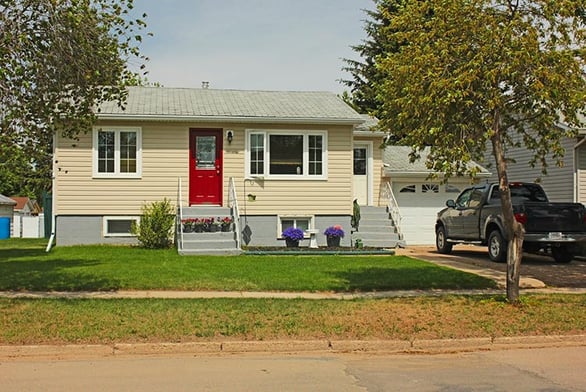
The Tax Cuts and Jobs Act created Qualified Opportunity Zones in 2017. The goal of this legislation was and is to encourage investment in economically distressed areas. It does this by incentivizing taxpayers to direct their capital gains (profits from the sale of qualified assets) into new investments in specific areas. The zones are designated census tracts identified as low-income and in need of more significant economic investments. The Treasury Department has recognized over 9,000 census tracts among those nominated by each state and most U.S. territories.
Individuals and other entities can invest in these Qualified Opportunity Zones through Qualified Opportunity Funds, also referred to as QOFs. A QOF can be a partnership or a corporation (including a REIT but not a mutual fund). Almost any investment vehicle can become a QOF by filing the appropriate IRS forms and meeting the other eligibility prerequisites. The fundamental requirement is that 90% of the QOF funds must be invested in new QOZ property.
The investment can be direct, in which case it can be new or existing. The new property must have "first use" by the QOF inside the QOZ to be eligible. This requirement is most frequently satisfied by construction, but there are other means, such as relocation. If the property is considered existing, then the QOF must demonstrate "substantial improvement" within 30 months of the acquisition. A doubling of the costs basis is typically accepted as substantial improvement.
If the investment is indirect, then the business in which the QOF is investing has more requirements:
- At least 70% of the business assets must be direct ownership of QOZ property.
- At least 50% of the business income must come from within the QOZ.
- These QOZ businesses cannot be so-called "sin businesses" like racetracks, casinos, golf courses, massage parlors, or liquor stores.
What Kinds of Investments Are Allowed?
While real estate activities are widespread, including residential and commercial construction and rehabilitation, the practice of "flipping" single-family homes would not likely qualify for QOF investment purposes. However, remodeling shabby or abandoned properties for rental use is a known investment. Other housing functions include senior and workforce housing and hospitality sector assets like hotel operations.
What Are the Potential Benefits to the Investor?
Investors can potentially benefit by both reducing and deferring capital gains taxes by investing capital gains into a QOZ. Holding the investment longer increases the deferral and may increase the possible decrease in tax by increasing the basis on which they pay the tax. To qualify for deferral and potential reductions, the investor must reinvest an eligible gain into a qualifying investment within 180 days after the triggering event (usually selling an asset). The deferral can last until the investor sells or otherwise disposes of the QOF investment or until December 31, 2026. The opportunities for reduction are:
- A five-year investment can yield an increase in your basis of 10% of the deferred gain.
- A seven-year investment can increase the basis by an additional 5% of the deferred gain.
While these are expressed as increases in basis, the effect is typically referred to as a decrease in the tax owed.
- A ten-year investment will increase the basis by the 15% indicated above and eliminate any tax due on the QOZ gains.
This material is for general information and educational purposes only. Information is based on data gathered from what we believe are reliable sources. It is not guaranteed as to accuracy, does not purport to be complete and is not intended to be used as a primary basis for investment decisions. Realized does not provide tax or legal advice. This material is not a substitute for seeking the advice of a qualified professional for your individual situation. Costs associated with a real estate transaction may impact investor’s returns and may outweigh the tax benefits. An unfavorable tax ruling may cancel deferral of capital gains and result in immediate tax liabilities. All real estate investments have the potential to lose value during the life of the investment.



